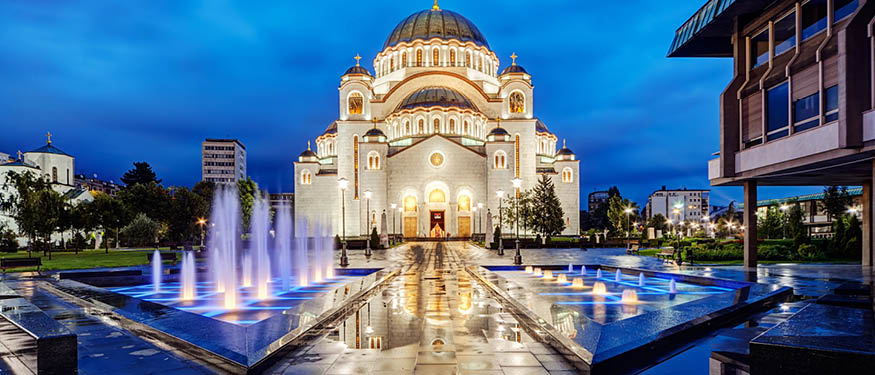Montenegro’s financial sector is experiencing growth with record-high deposits and increasing trust in the banking system while advancing infrastructure projects and tapping into renewable energy opportunities, according to Keker, Bujkovic & Pejovic Partner Milan Keker.
“Montenegro’s financial landscape has recently seen significant developments,” Keker points out. “Deposits in local banks have reached historic highs, with a whopping 38% increase compared to 2019, or to put it in another perspective at the end of Q3 deposits in banks amounted to 78% of GDP. While deposits from foreigners have seen a slight decline, there is still a noticeable presence of spending of expats.” This, according to Keker, reflects Montenegro’s appeal as a destination for people from distressed regions, “largely due to its relatively lenient immigration policies and ease of establishing companies which can in turn secure residency.”
“Despite inflationary pressures, there seems to be growing trust in the Montenegrin banking sector,” Keker stresses. “The country’s resilience is more robust than it might appear at first glance. The bankruptcies of two commercial banks, Atlas Bank and Invest Banka Montenegro from the same holding company in 2019, did not shake confidence, as all guaranteed deposits have been duly and fully disbursed.” Additionally, he notes that due to availability of money at the market “the state is considering issuing bonds on domestic markets, allowing the government to borrow at lower interest rates, and the depositors to benefit from higher interest rates by purchasing bonds compared to the returns offered by interest-bearing bank deposits.”
Keker adds that there are also signs of consolidation in the banking sector, with everybody closely following what is happening with the Addiko Group takeover attempts by regional players. Keker speaks of a trend of larger regional players acquiring (or attempting to acquire) smaller banks, but also notes a renewed interest from Western financial groups in re-entering the Balkan markets. Moreover, he notes that “the legislation on capital markets has spurred increased interest from payment institutions to set up operations in Montenegro, with the country aligning its legislation with the EU’s PSD2 Directive.”
Keker emphasizes that Montenegro’s geopolitical position and its aspirations toward EU accession are also shaping its economic trajectory. “There is growing interest from the EU and Western nations to integrate Montenegro into the European Union, sending a message to the Western Balkans,” he points out. “This has led to a push for improved legislation across various sectors like tax collection, UBO registrations, customs management, in order to better access IPA funds and meet EU benchmarks.”
In terms of infrastructure, Keker says that “significant investments are being made or are in the pipeline. The second stage of the country’s highway project Bar-Boljare is underway, although only 42 kilometers have been completed so far, financed through a Chinese loan.” Until this highway connects Montenegro with Central Europe, he says that “the economic benefits will remain limited, though any major investment in such a small market has a noticeable impact.”
Lastly, Keker highlights that energy has become a key topic. “With 240 sunny days per year, Montenegro is well-positioned for renewable energy development, particularly in wind and solar,” he notes. “The construction of hydropower facilities also helps balance the energy supply. France’s EDF (state-owned energy company) has signed several memoranda with the Montenegrin counterpart, positioning itself as a partner in these projects. This follows a meeting between the Montenegrin Prime Minister and French President Macron, signaling a deeper interest in strengthening ties and capitalizing on Montenegro’s potential as a regional energy hub, especially for exports to southern Italy and the broader EU market through the grid. The move toward renewables is expected to pay dividends for both Montenegro and its international partners.”

















